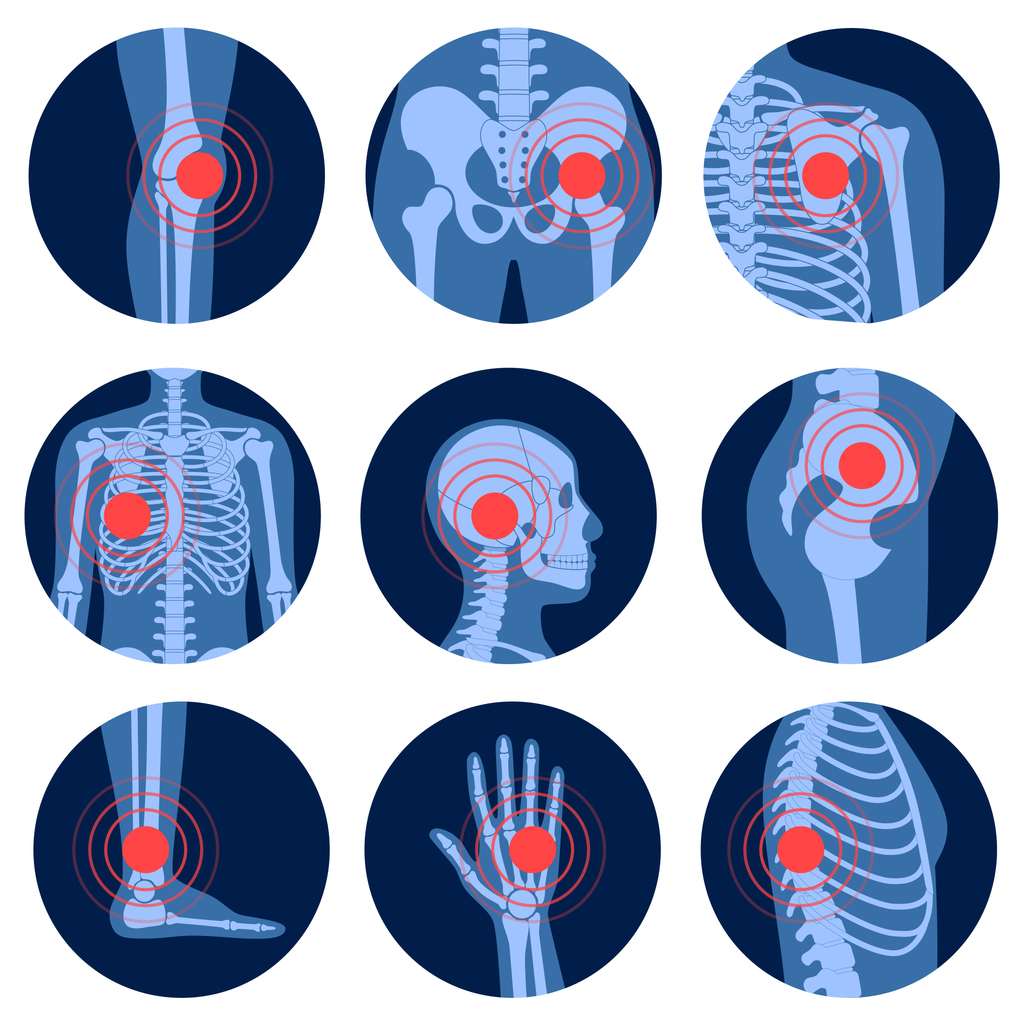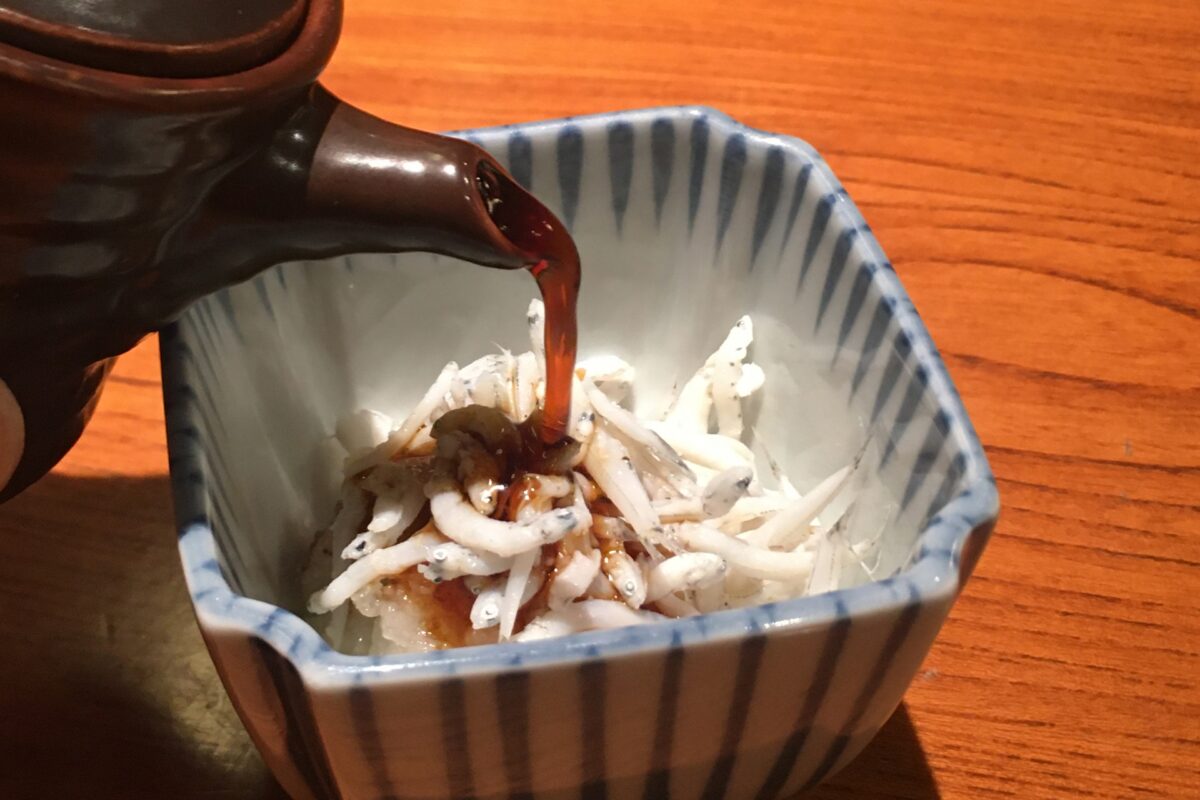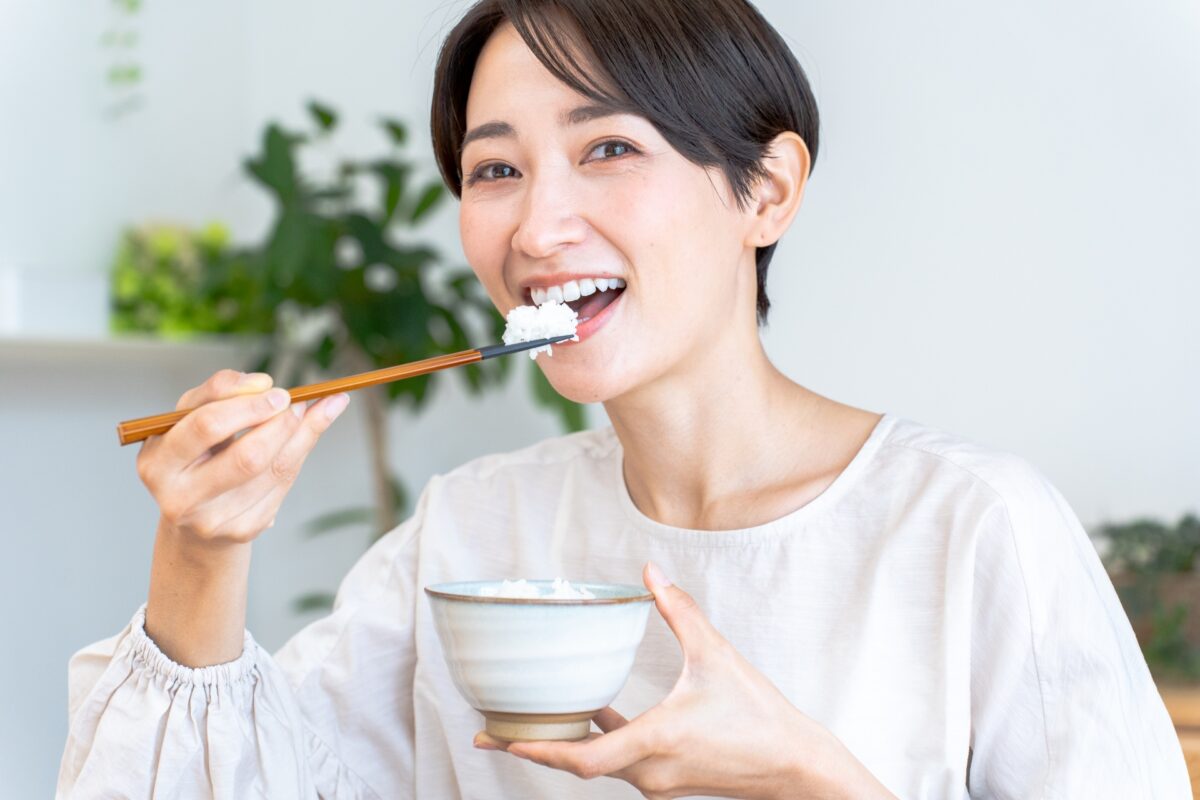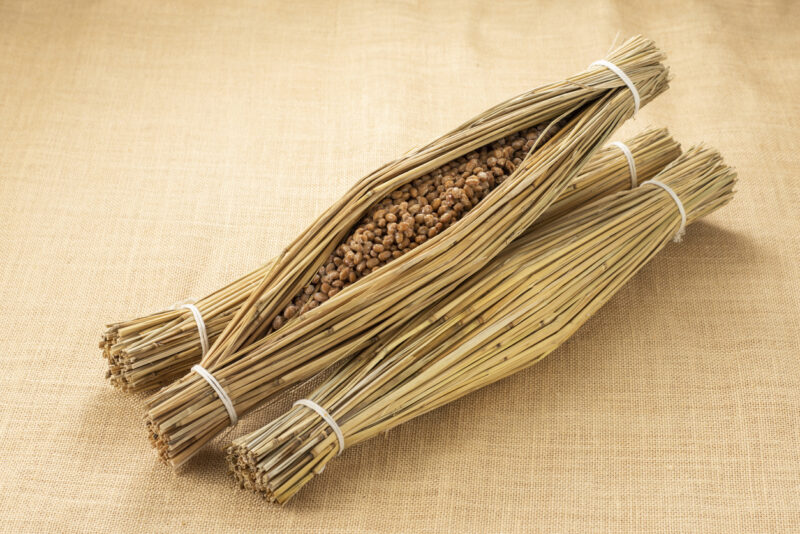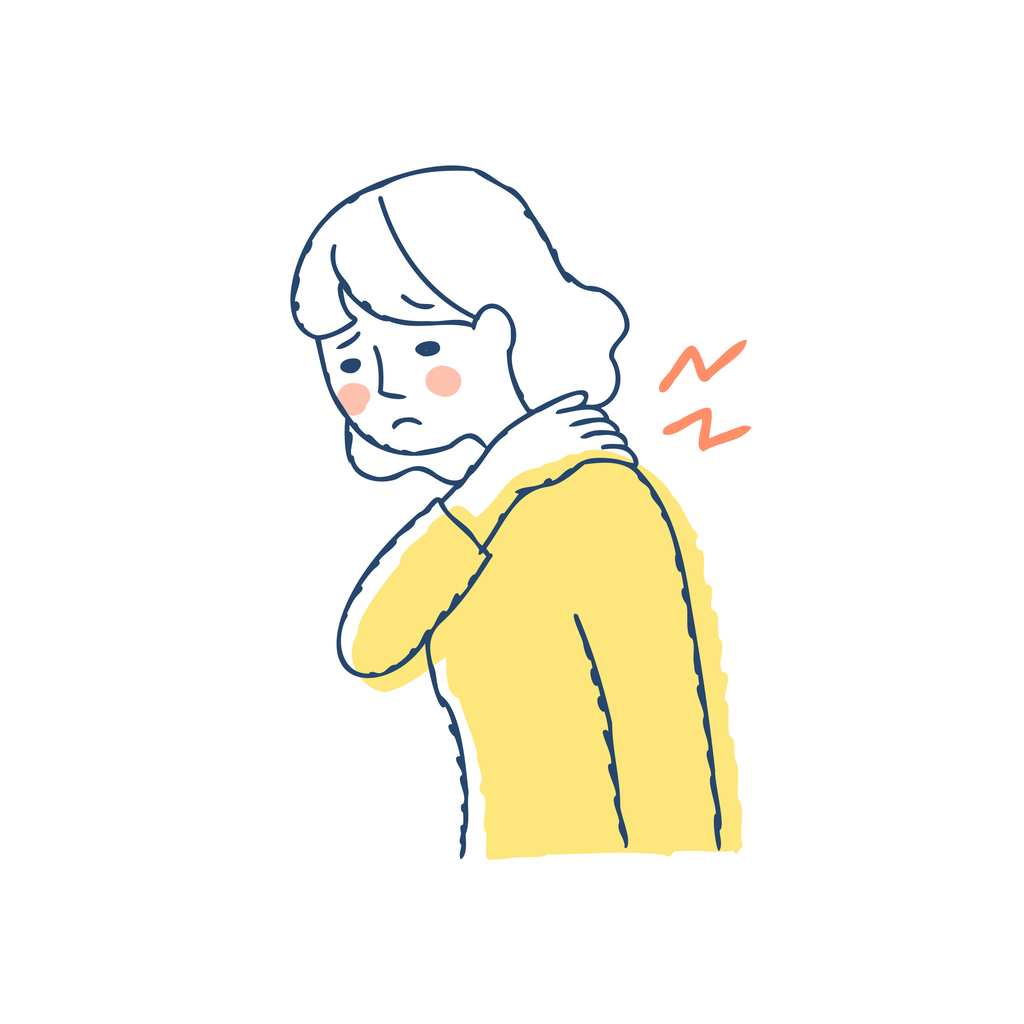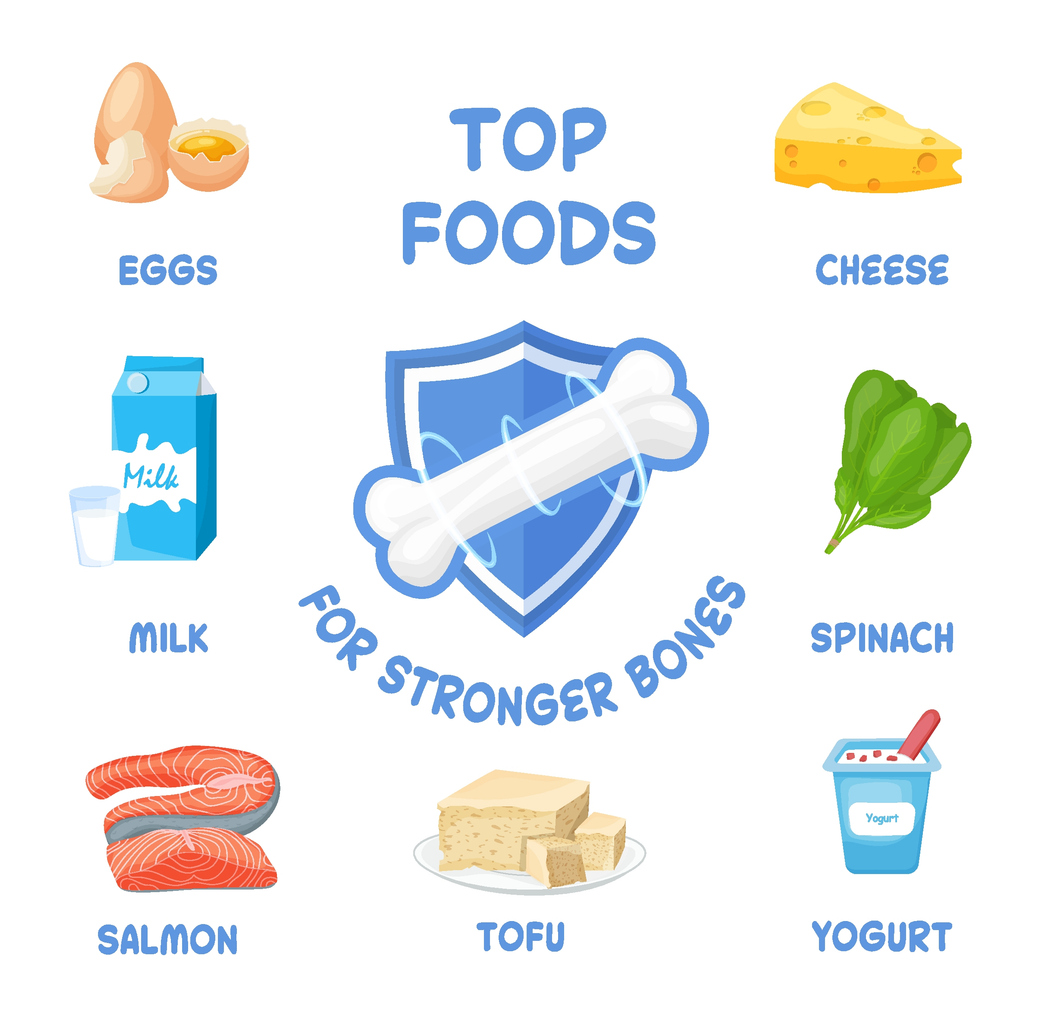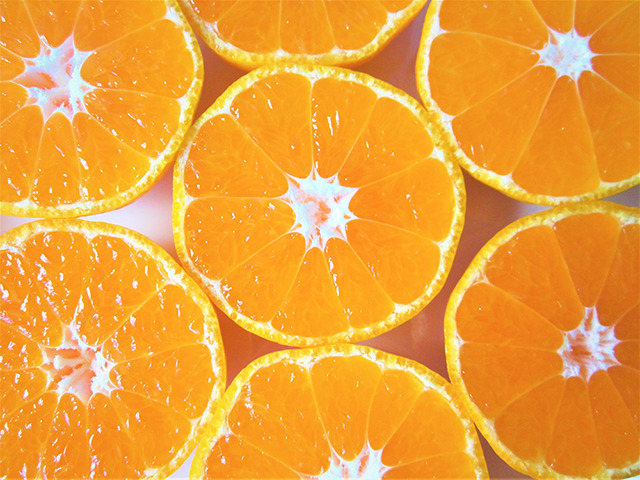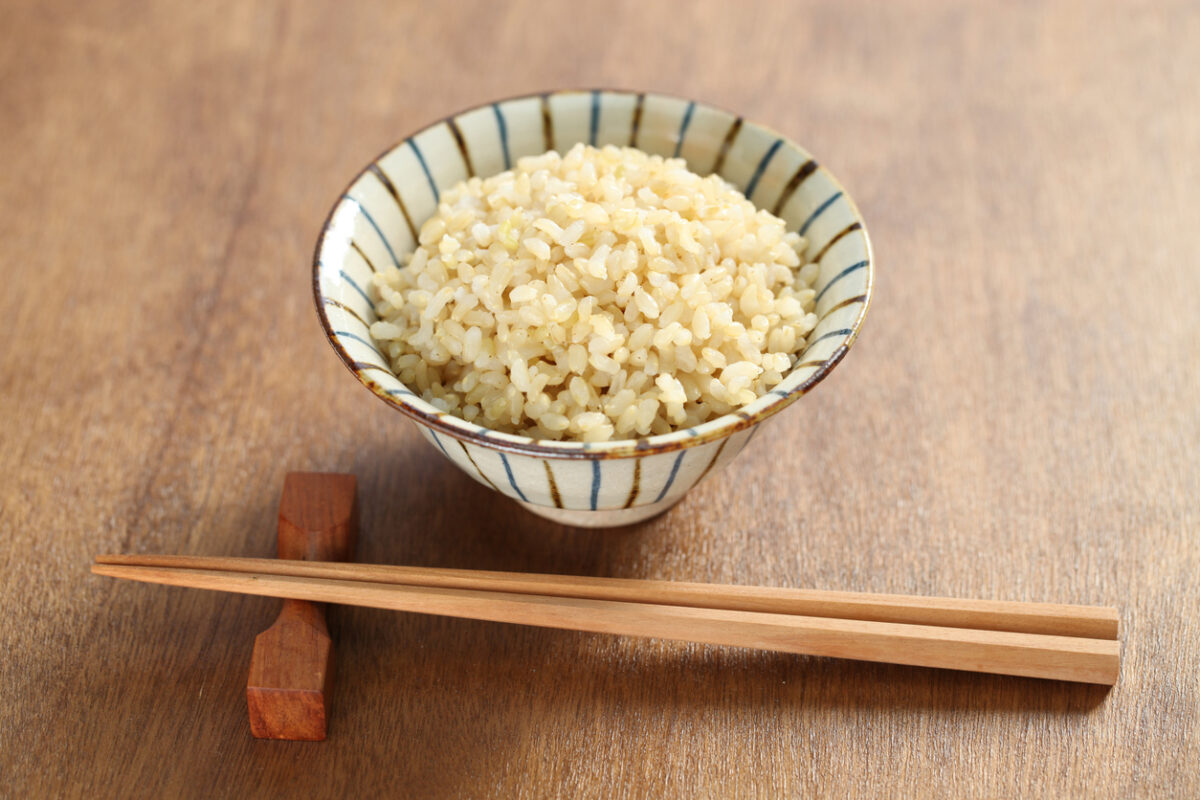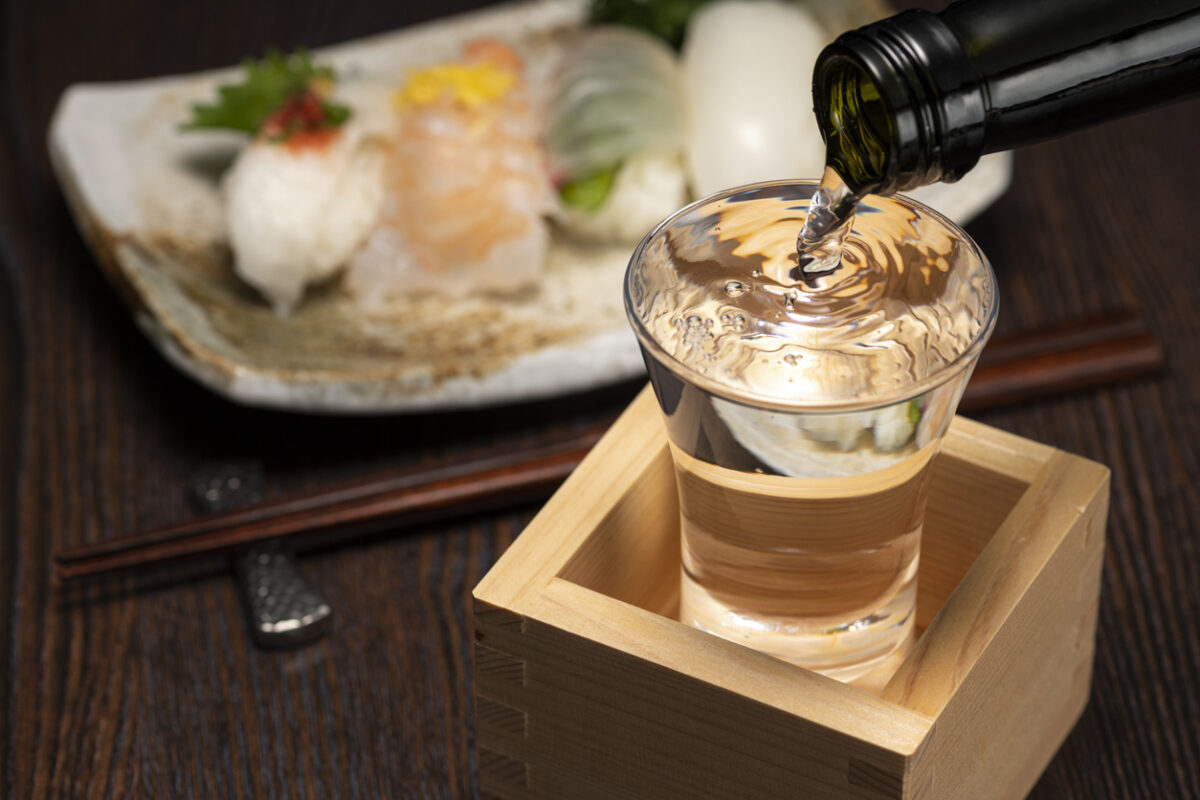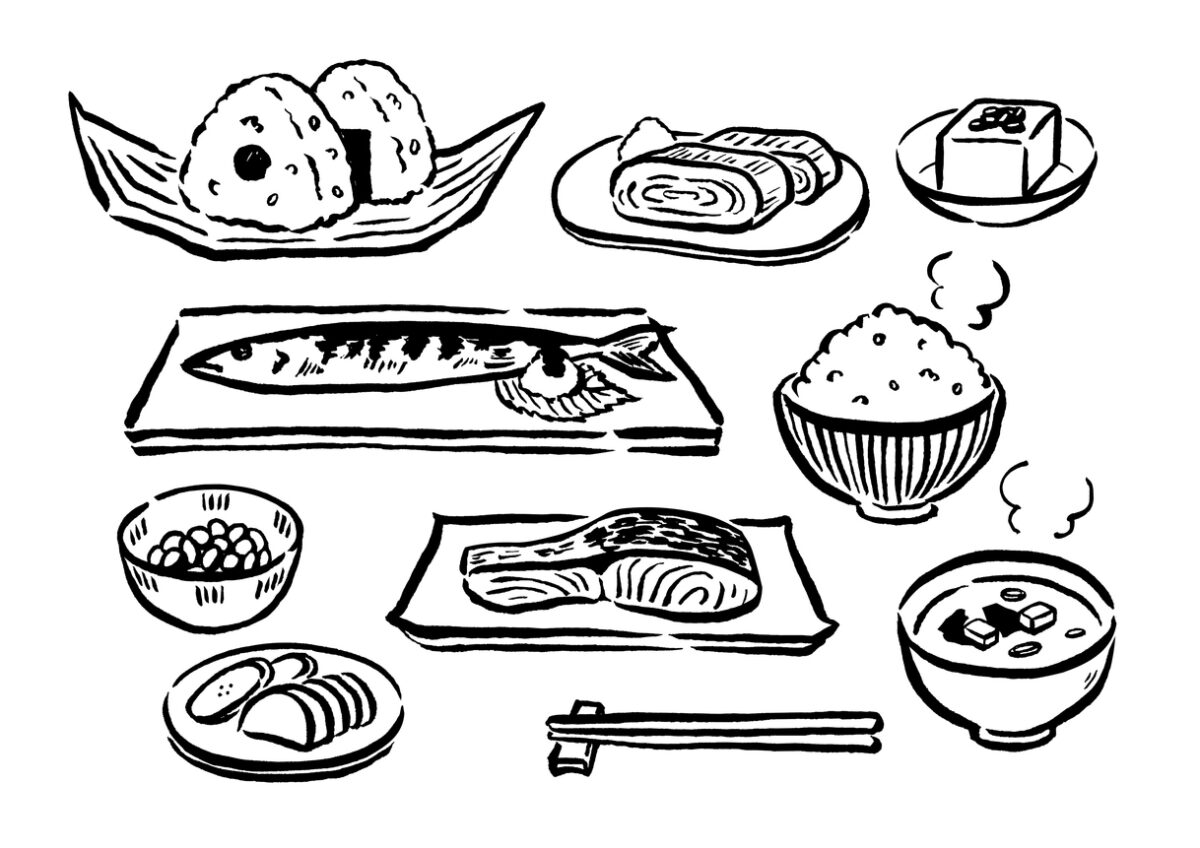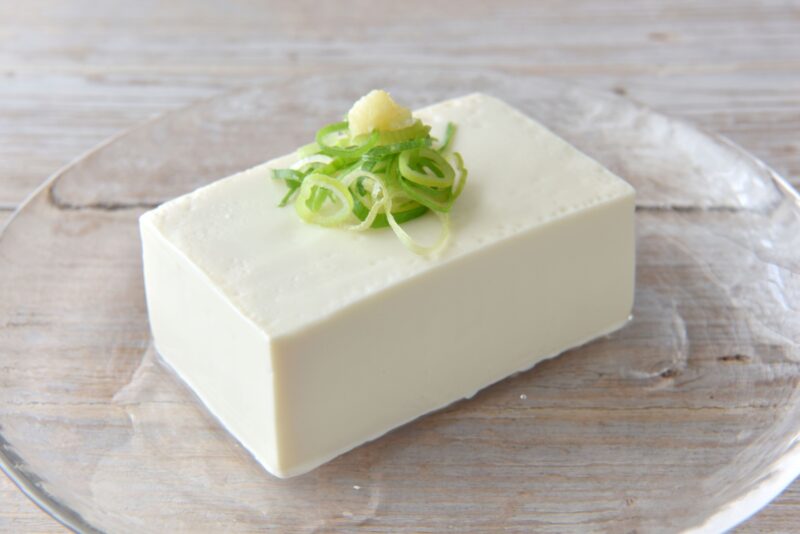What Are Bone Aches? Understanding the Symptoms and Impact
Bone aches can affect people of all ages. Unlike muscle pain, which often results from overuse, bone pain may indicate underlying health issues. It can feel deep, dull, or sharp, depending on the cause. While occasional discomfort is normal, persistent or severe pain requires attention. In this article, we will discuss about general bone aches causes.
Common Bone Aches Causes
Several factors contribute to bone pain. Identifying the cause helps determine the best approach for relief.
Aging and Bone Degeneration
As people age, bones lose density. Osteoporosis weakens bones, making them more prone to fractures. This condition often progresses silently until a break occurs. Postmenopausal women are at higher risk due to hormonal changes affecting bone strength. Learn more about osteoporosis here.
Nutritional Deficiencies and Bone Health
Bones require essential nutrients to stay strong. Calcium and vitamin D are crucial for bone density. A lack of these nutrients can lead to weak, brittle bones, increasing pain and fracture risk. Magnesium and vitamin K also play important roles in bone metabolism.
Inflammatory Conditions Like Arthritis
Arthritis causes inflammation in joints and bones. Osteoarthritis results from cartilage wear, while rheumatoid arthritis is an autoimmune disorder attacking joints. Both conditions can lead to chronic pain and stiffness, especially in older adults.
Infections and Underlying Diseases
Bone infections (osteomyelitis) can cause deep, persistent pain. Bacteria or fungi enter the bone through the bloodstream or injury. Certain diseases, like leukemia or bone cancer, may also cause unexplained bone pain. Seeking medical advice is essential if symptoms persist.
Injury-Related Bone Pain
Fractures, stress fractures, and bone bruises result from trauma or overuse. Athletes and individuals with physically demanding jobs are at higher risk. Even minor injuries can cause long-term discomfort if left untreated.
How Lifestyle and Diet Influence Bone Health
Daily habits play a significant role in bone strength and overall health.
The Importance of a Balanced Diet
A nutrient-rich diet supports bone health. Dairy products, leafy greens, nuts, and fish provide essential minerals. Fermented foods, like miso and natto, enhance calcium absorption due to their probiotic content. Explore more on bone-supporting nutrition here.
Exercise and Bone Strength
Weight-bearing exercises, such as walking and resistance training, improve bone density. Regular physical activity strengthens bones and reduces the risk of fractures. Stretching and mobility exercises also help maintain joint and muscle function.
Avoiding Harmful Habits
Smoking and excessive alcohol consumption weaken bones. Nicotine reduces blood flow to bones, slowing healing and regeneration. High alcohol intake interferes with calcium absorption, increasing fracture risk.
Addressing Bone Aches Causes: Strengthening Bones Naturally
Taking proactive steps can help maintain bone health and prevent discomfort.
Supplements for Bone Support
When diet alone isn’t enough, supplements provide additional support. Juveriente’s Bone Strength Complex contains key nutrients to maintain strong bones as you age. It combines calcium, magnesium, and vitamin D to support bone density and reduce the risk of osteoporosis.
Sunlight and Vitamin D
Natural sunlight helps the body produce vitamin D. Spending 15-20 minutes outside daily can boost levels. If sun exposure is limited, consider fortified foods or supplements.
Managing Stress and Inflammation
Chronic stress increases inflammation, affecting bone health. Practices like meditation, yoga, and deep breathing exercises help reduce stress and support overall wellness.
When to See a Doctor About Bone Pain
While most bone aches causes are not for concern, certain symptoms may require medical evaluation.
Warning Signs to Watch For
- Pain that persists for weeks without improvement
- Swelling, redness, or warmth around the affected area
- Unexplained weight loss along with bone pain
- Difficulty moving or performing daily activities
Seeking Professional Guidance
A doctor may recommend blood tests, imaging, or a bone density scan to diagnose the issue. Early intervention can prevent complications and improve long-term bone health.
By maintaining a nutrient-rich diet, staying active, and managing stress, you can reduce the risk of bone aches and promote lifelong bone strength. If pain persists, consult a healthcare professional for proper evaluation and treatment.
The natural bone strength complex made from Satsuma mandarin orange
Juveriente®’s Bone Strength Complex is a natural supplement made from a traditional dietary habit of a healthy bone town in Japan. People there eat a lot of Satsuma mandarin orange and have high concentration of Beta-Cryptoxanthin, a kind of carotenoid. A cohort study there found that that concentration has high reverse correlation with onset ratio of osteoporosis.
It provides you the essence of a natural food, which is simply an extract of a Japanese popular citrus fruit. It is according to your principal policy. Needless to say, it is better to try a natural food before jumping to strong medicines. Though natural and gentle, it has garnered a lot of amazing reviews in Amazon since its launching in 2016.
If you like to try multi-vitamin supplement, how about adding the natural bone therapy fruit extract with Juveriente® Bone Strength Complex?
Please learn details in our product page.


